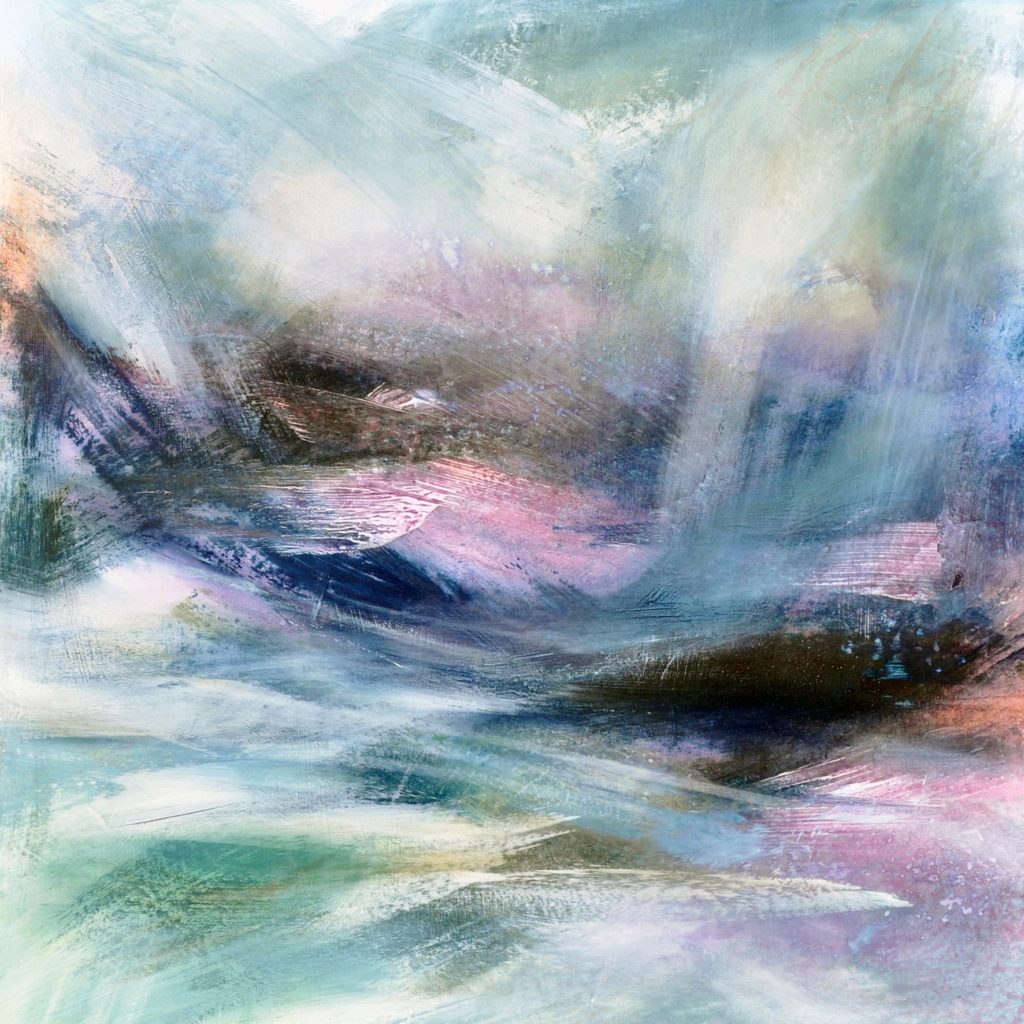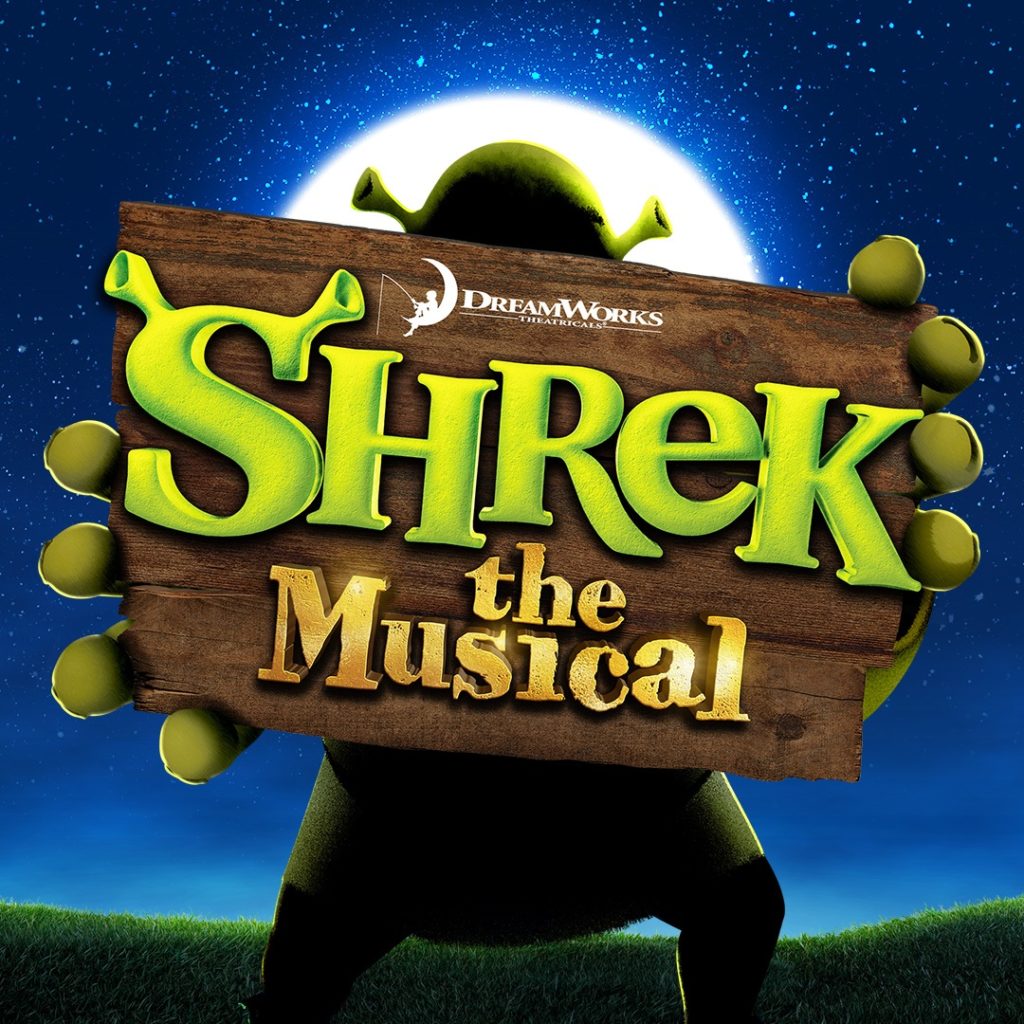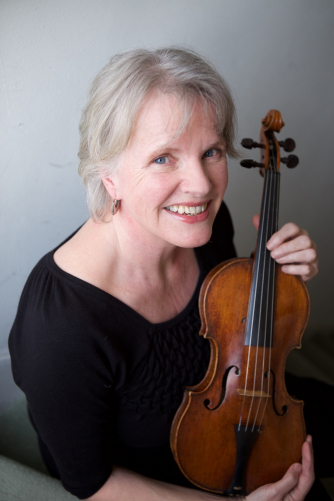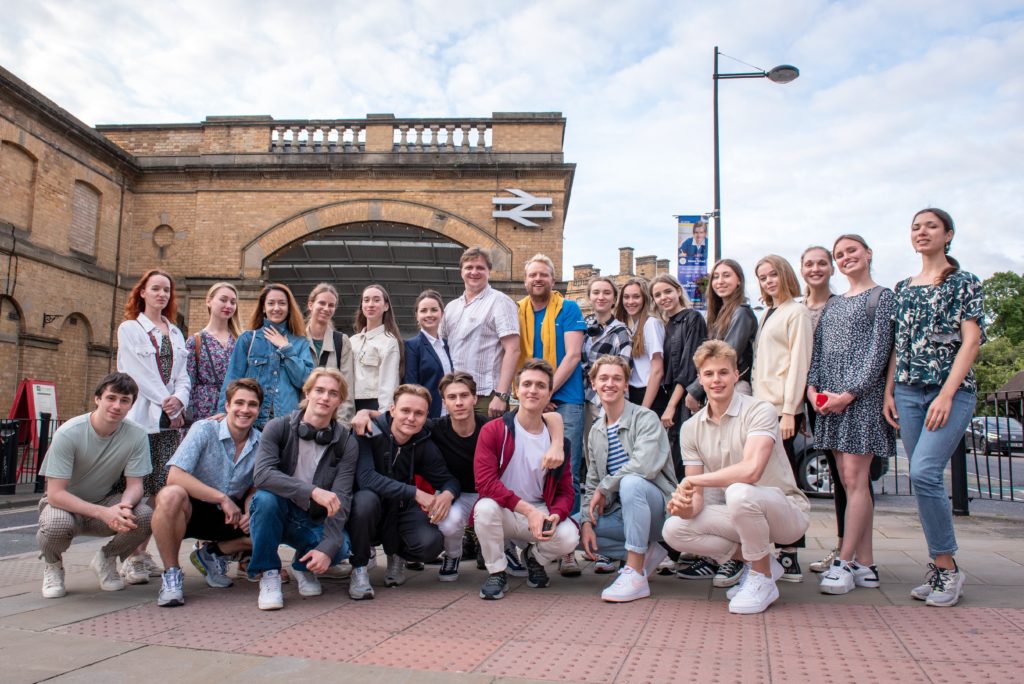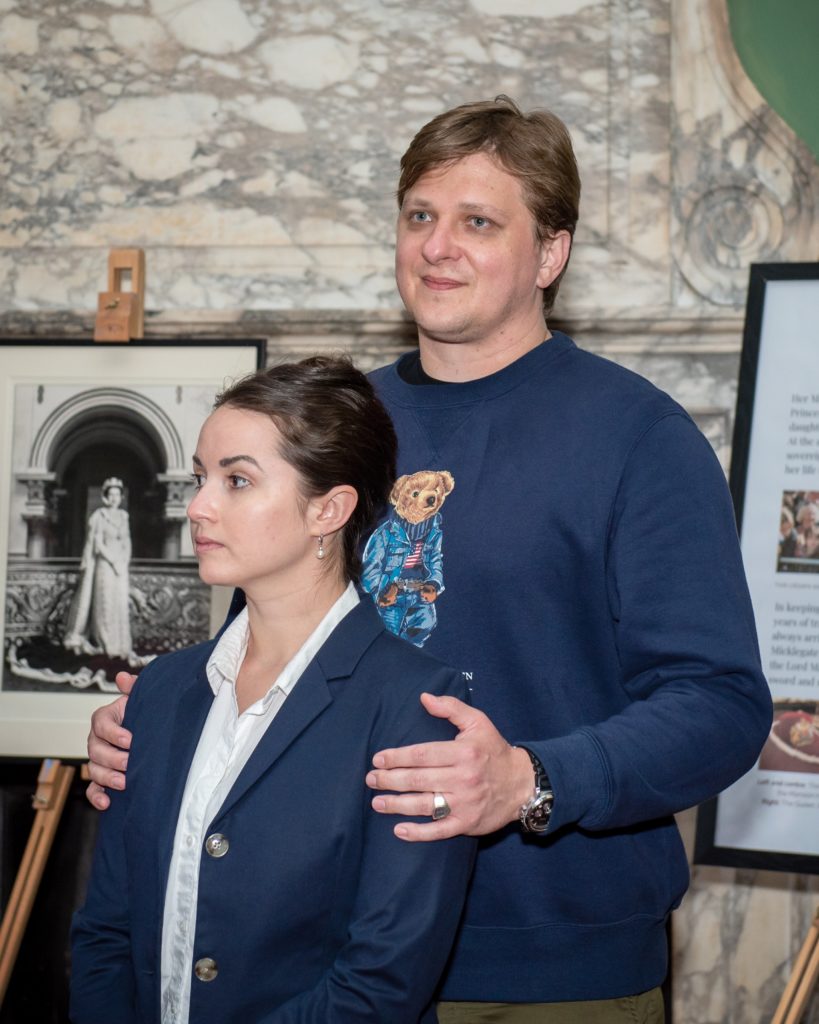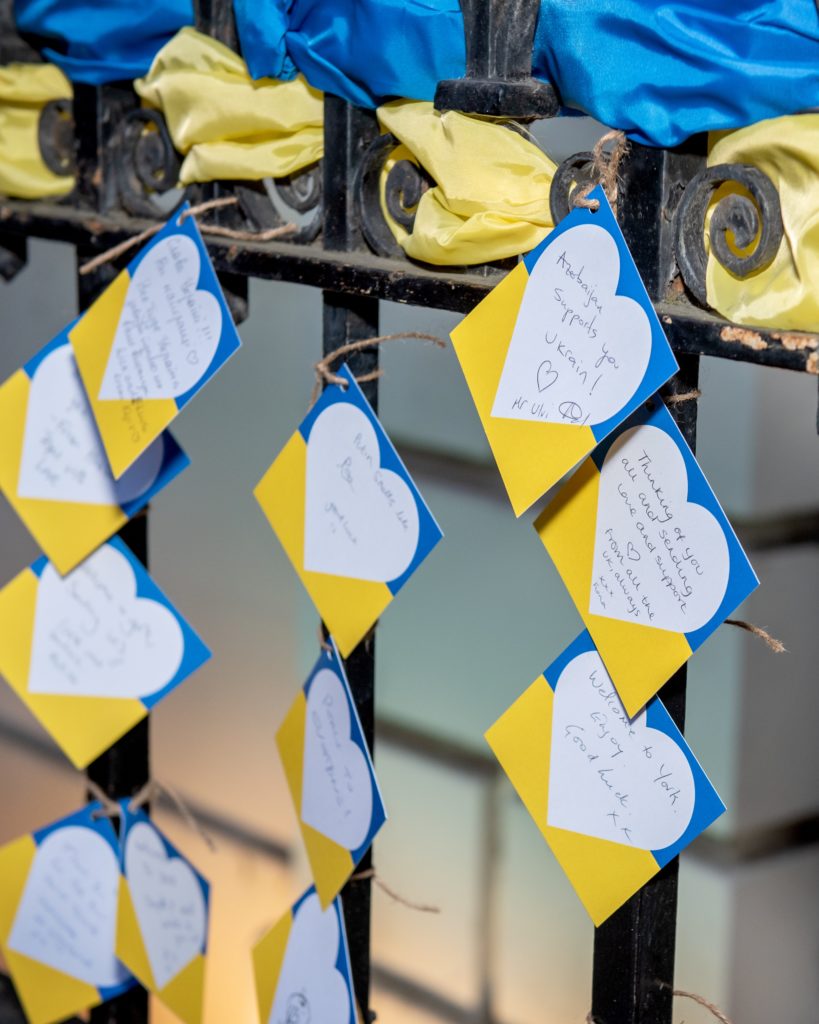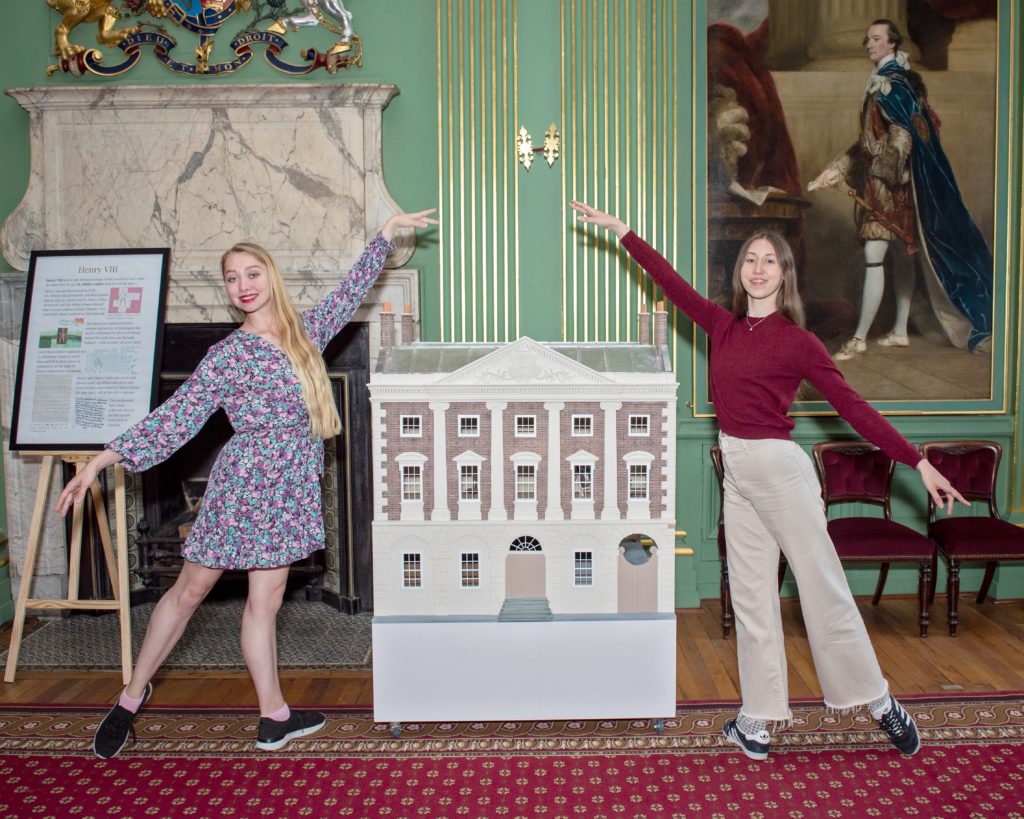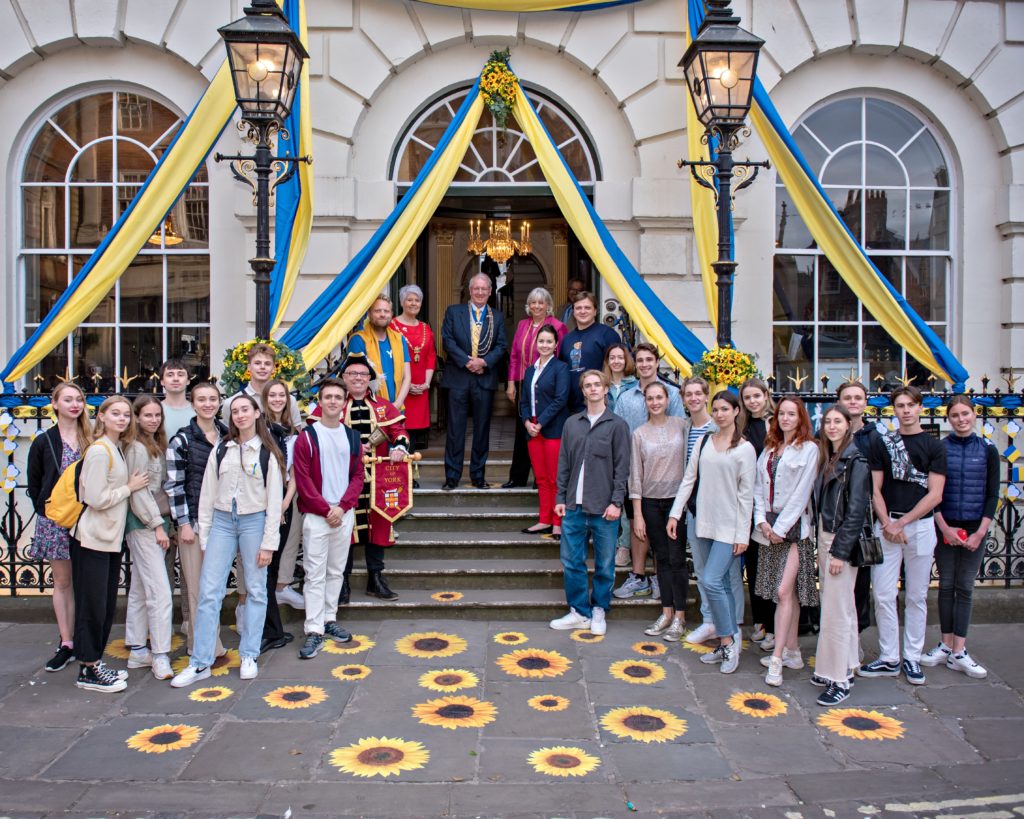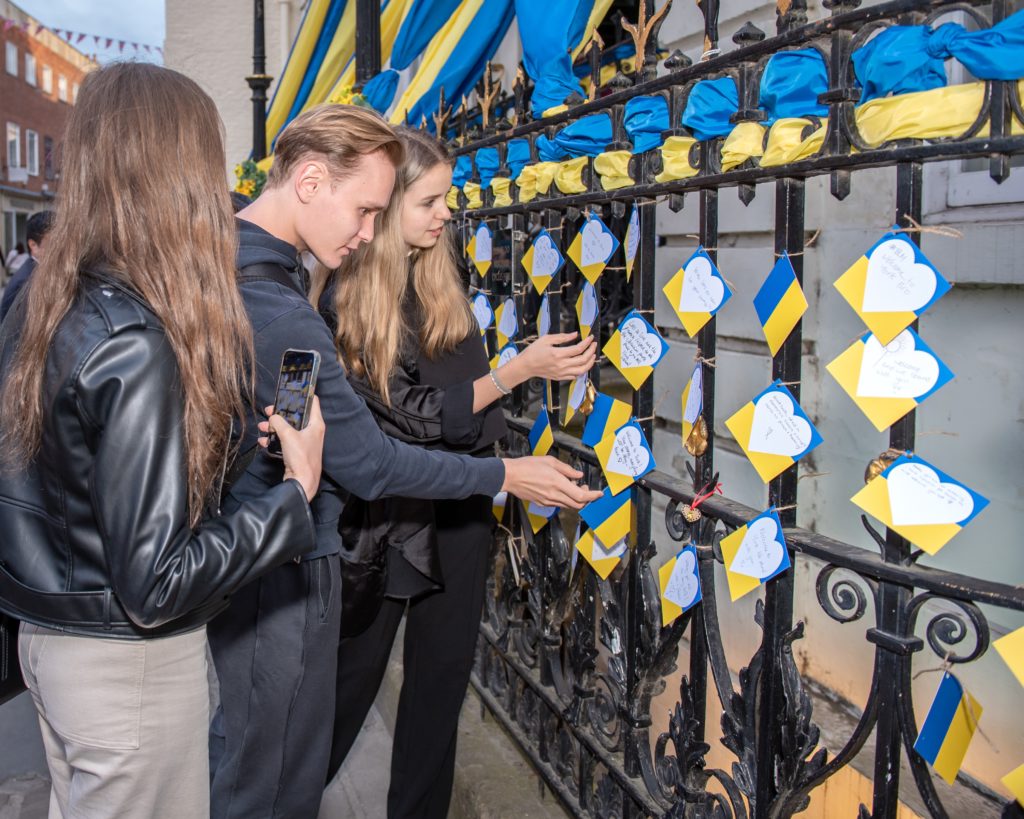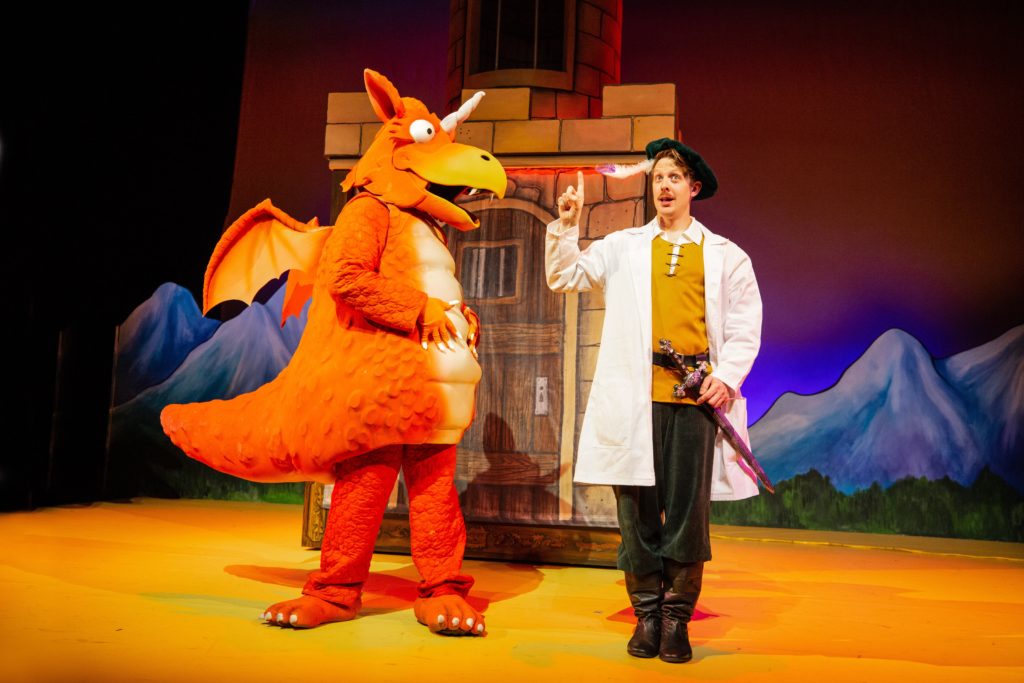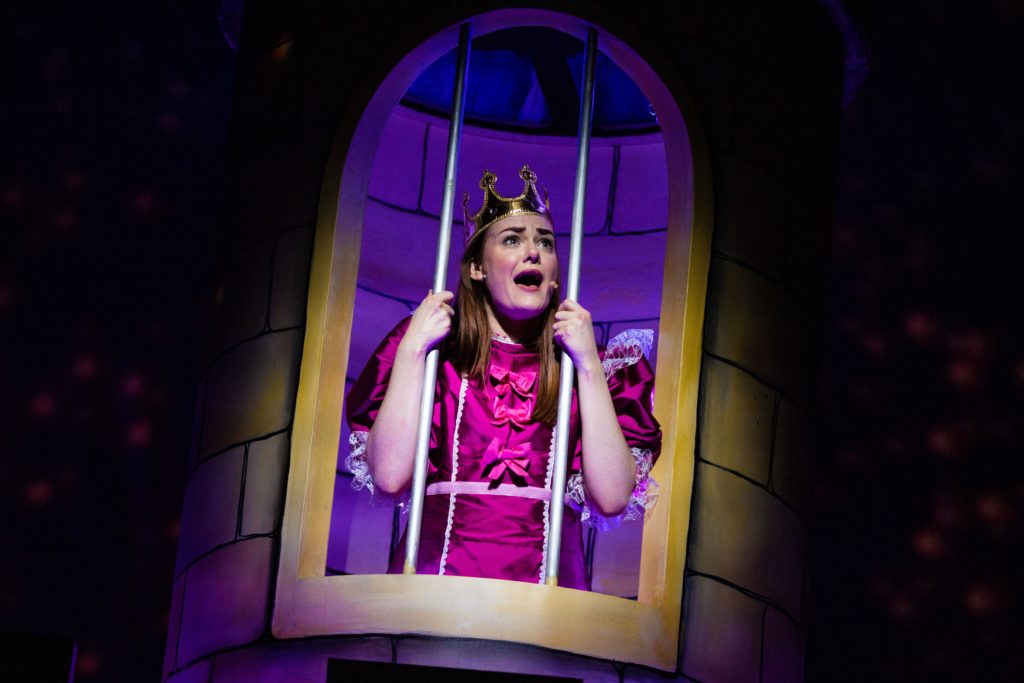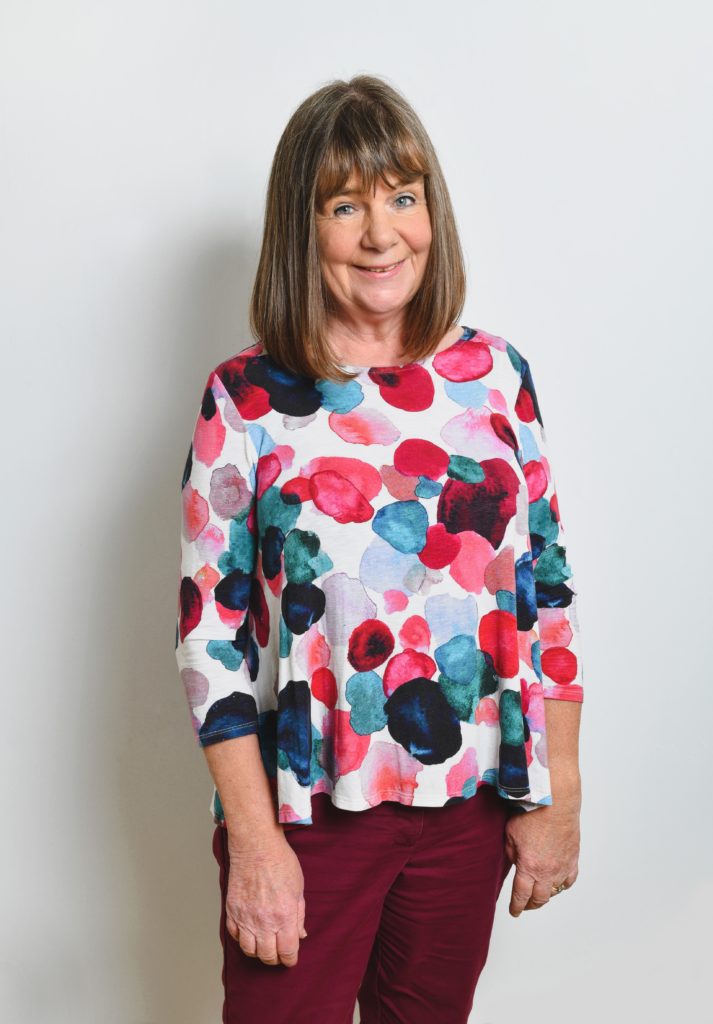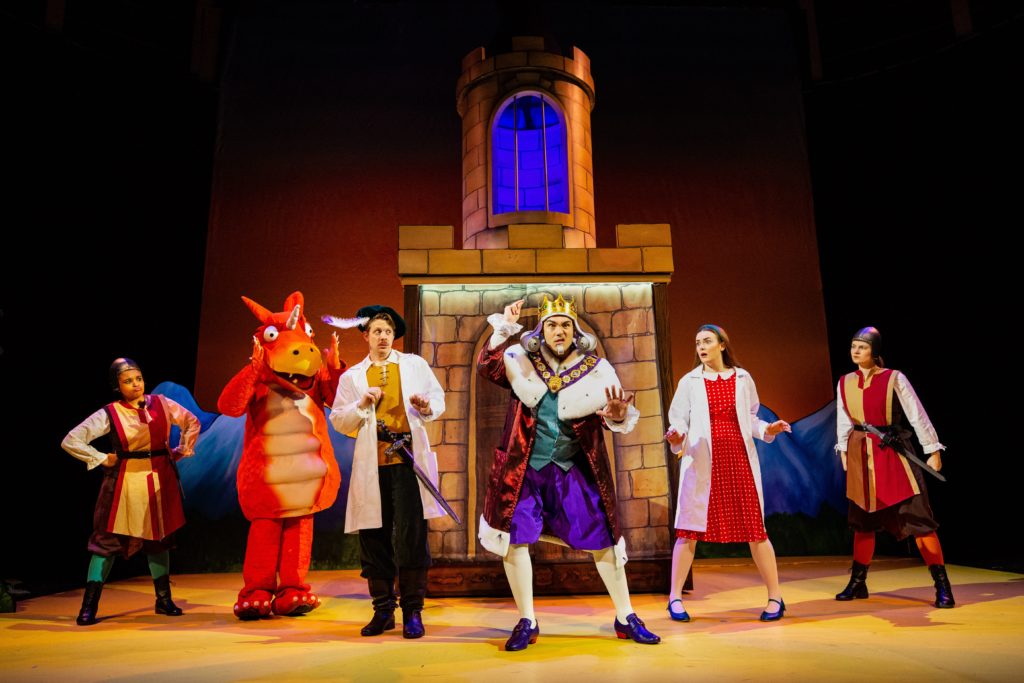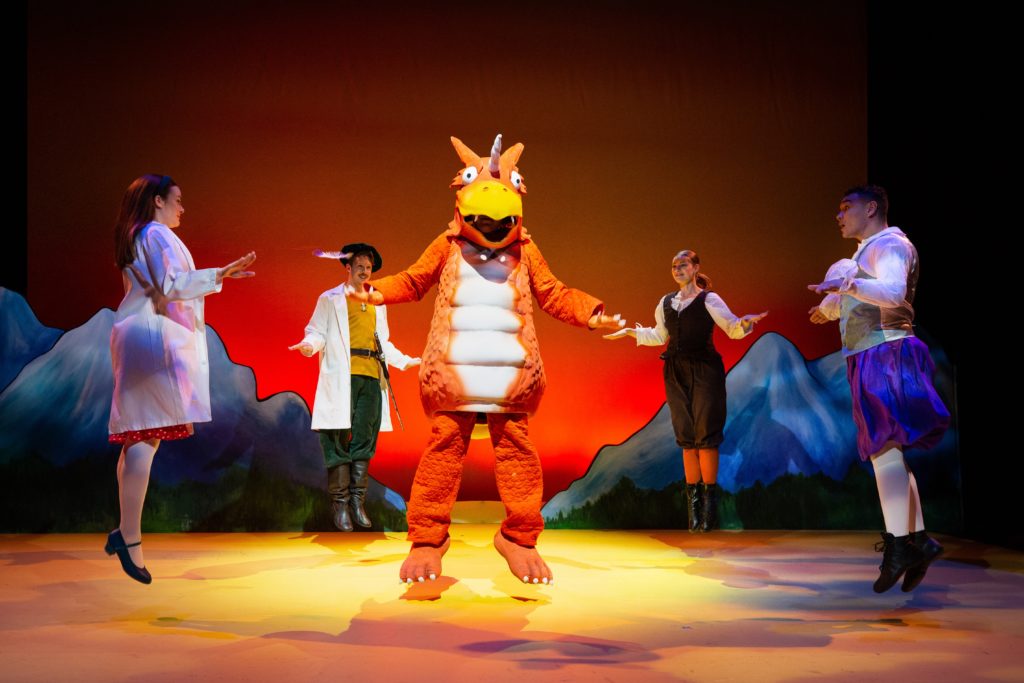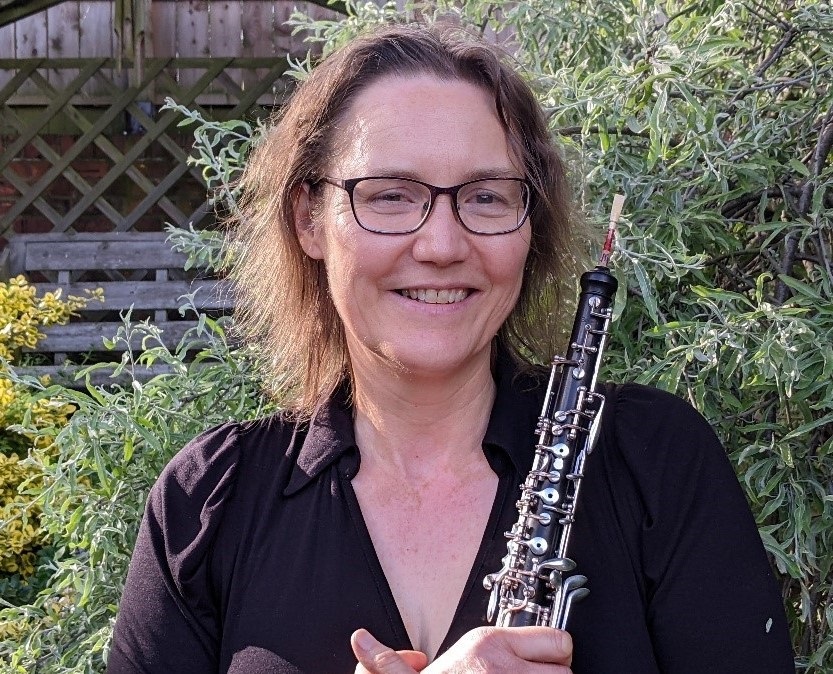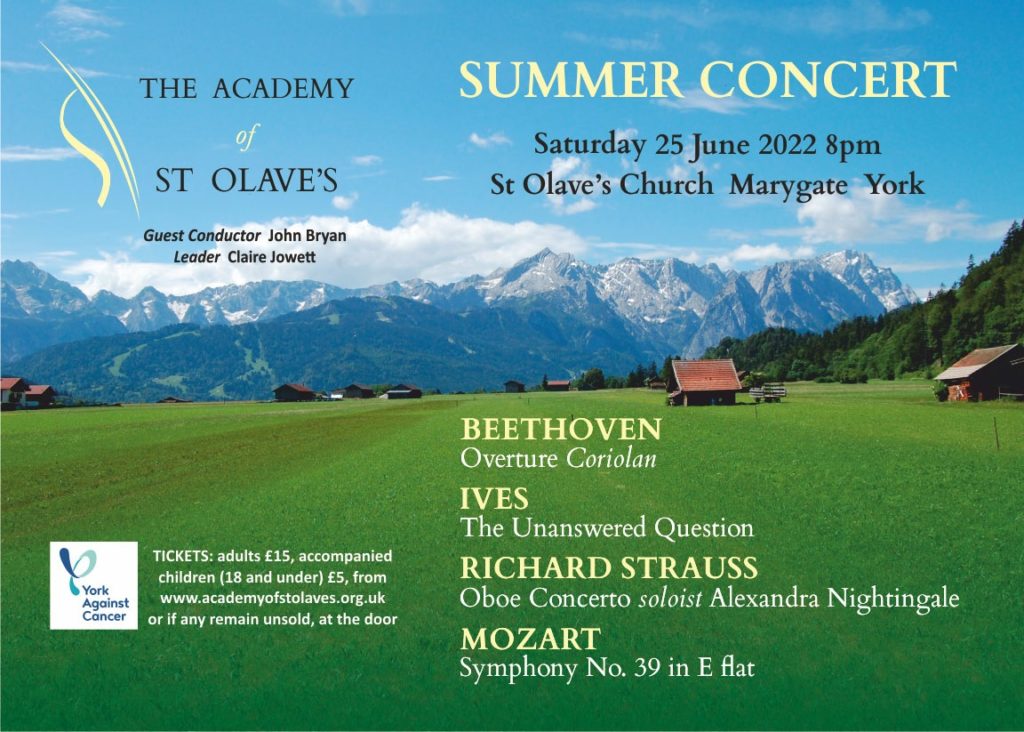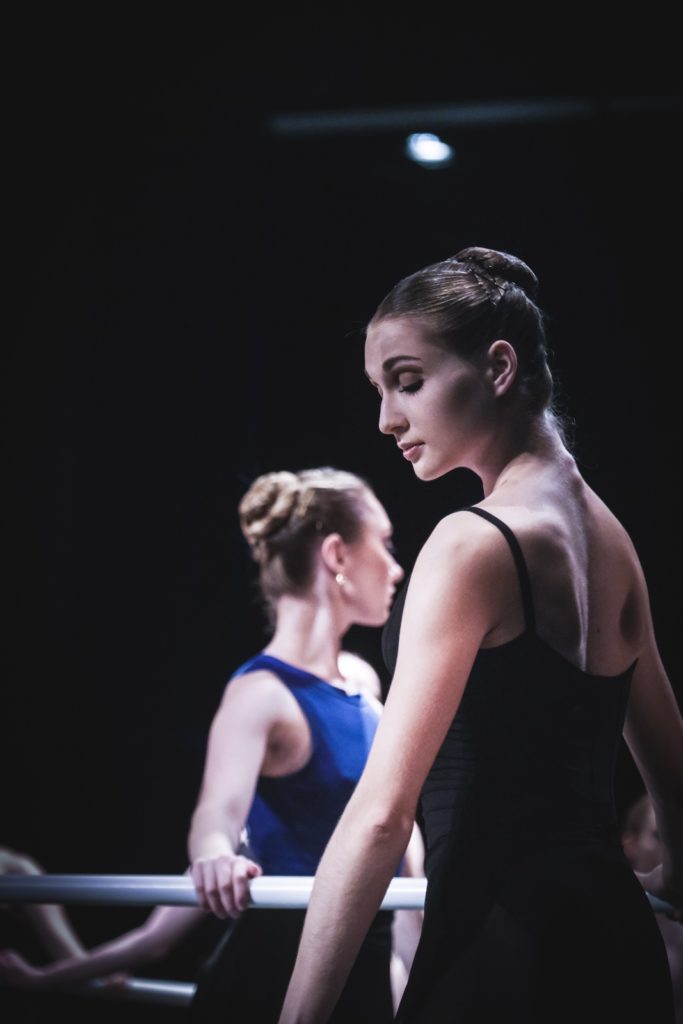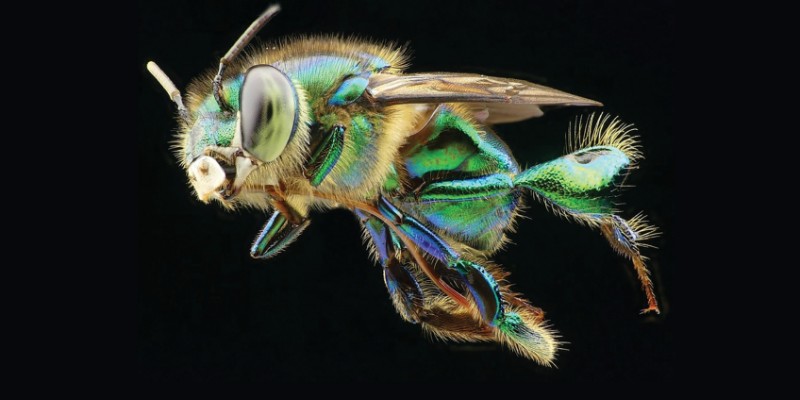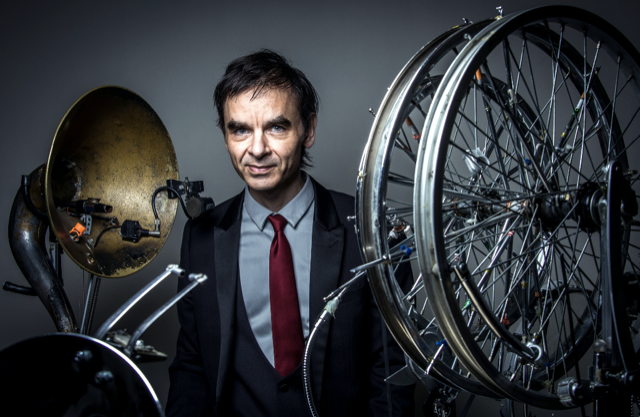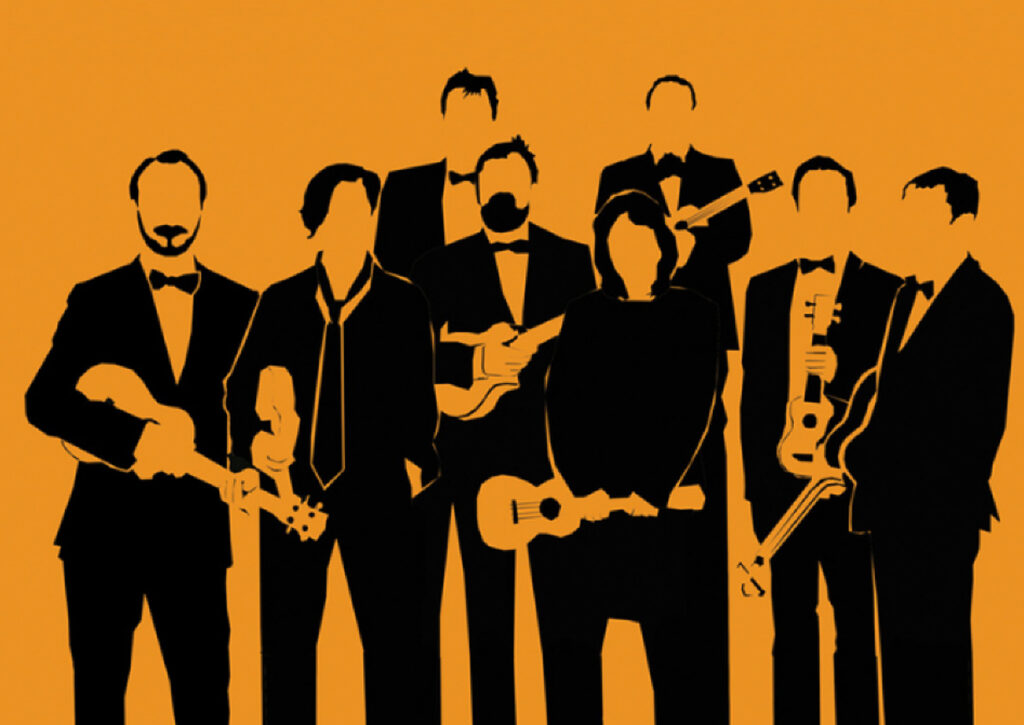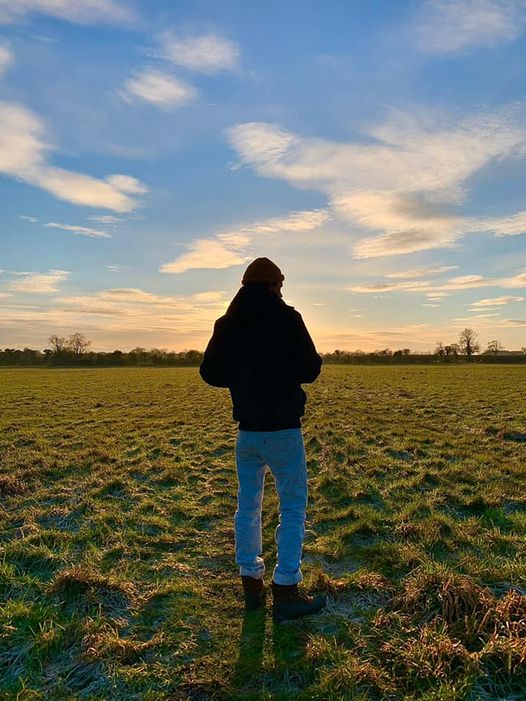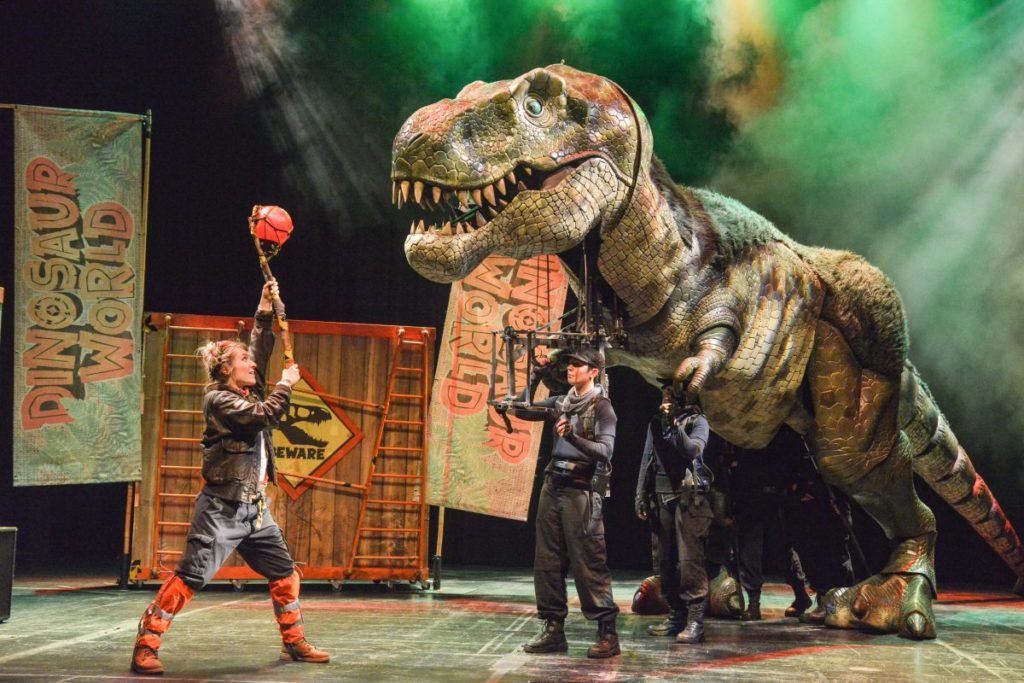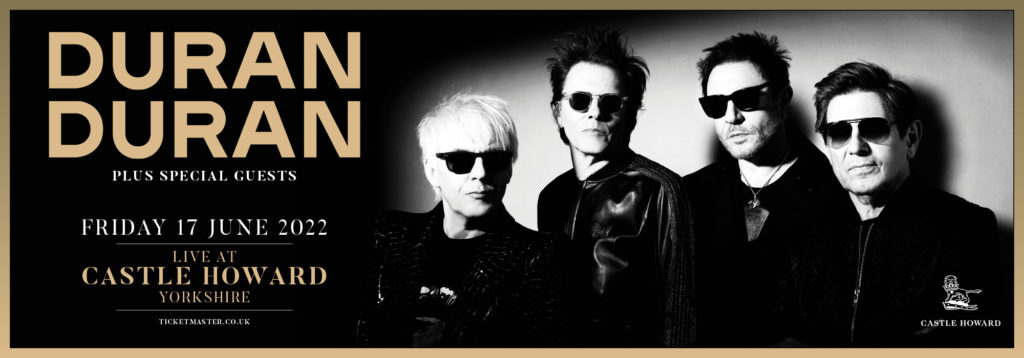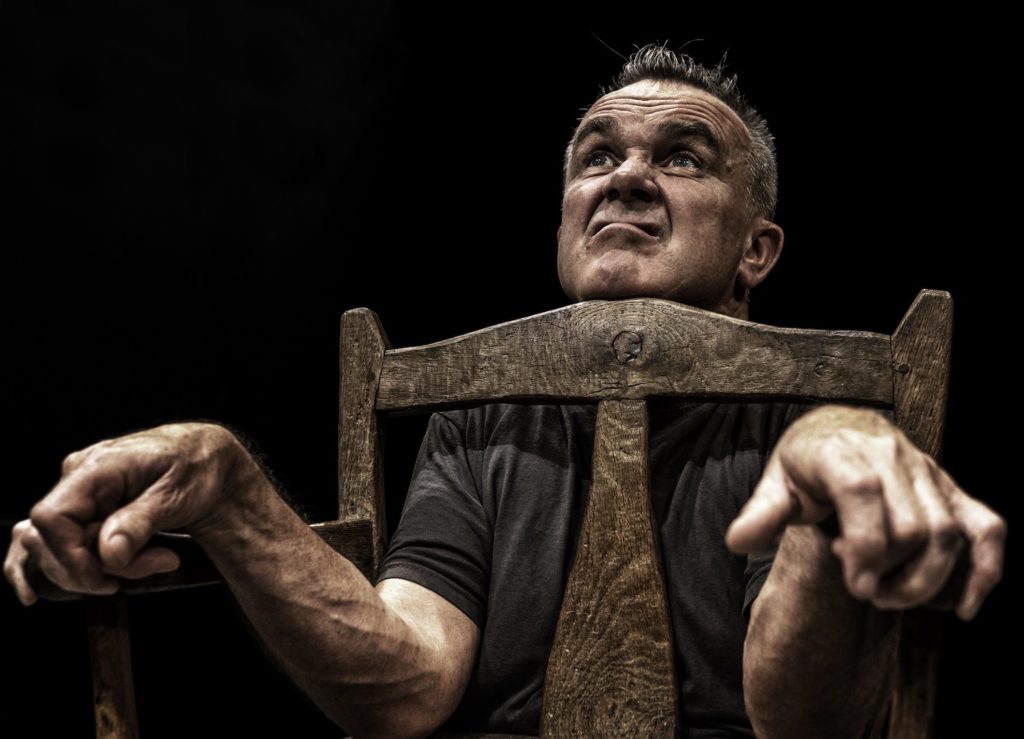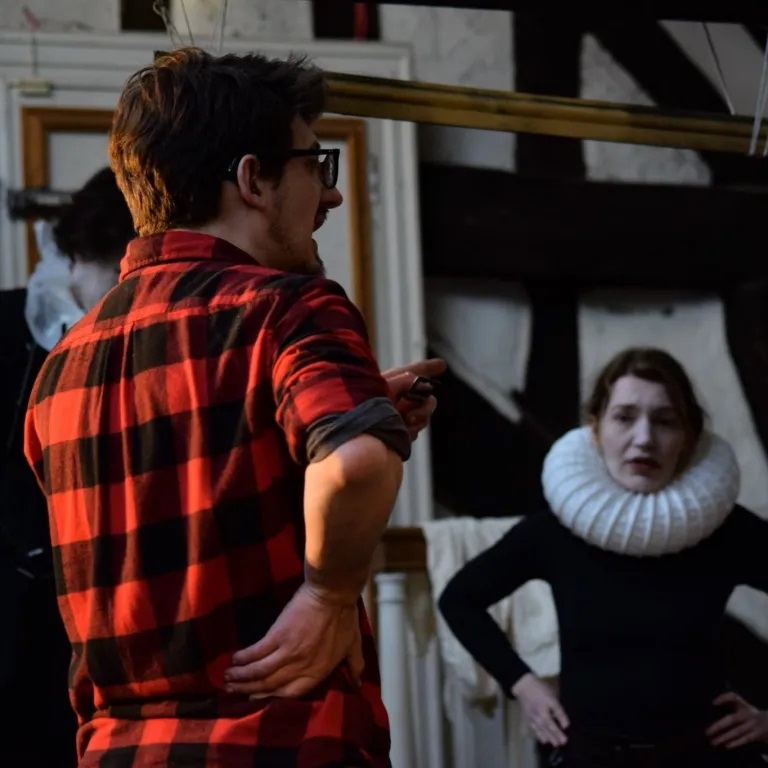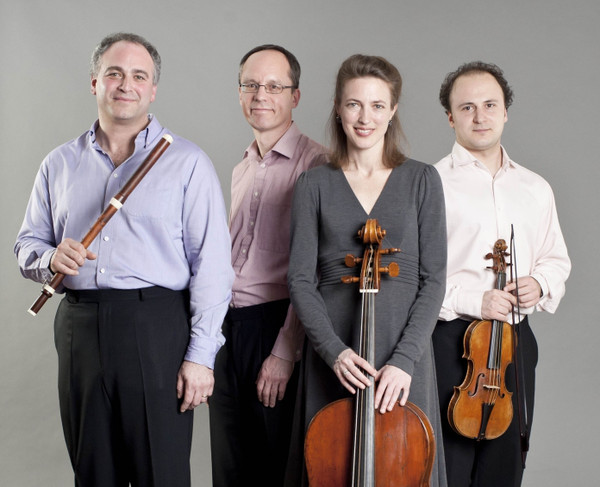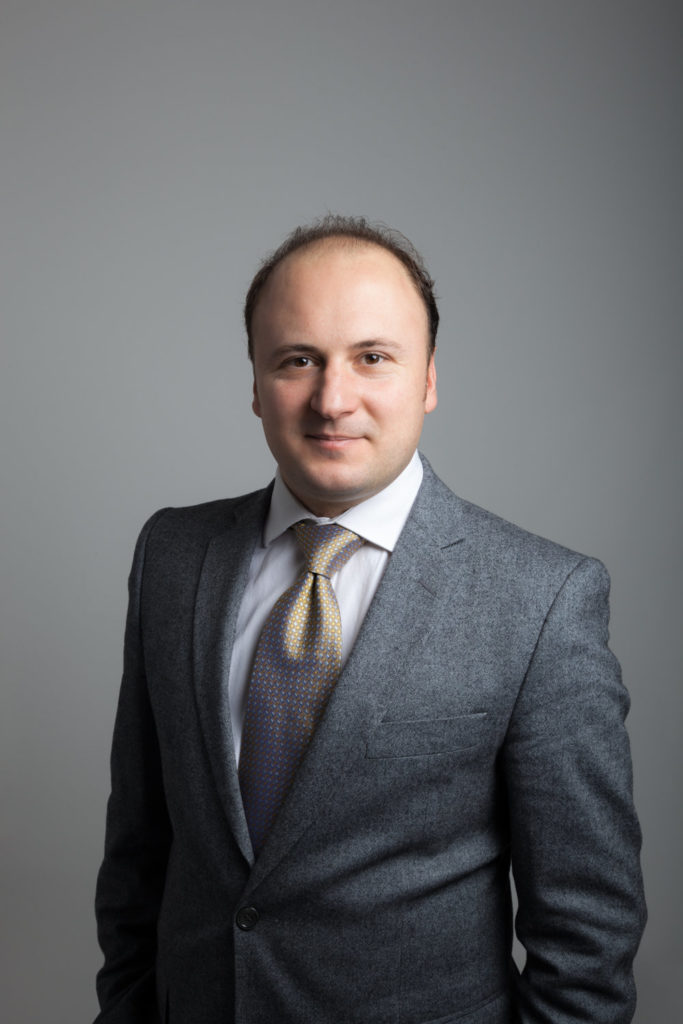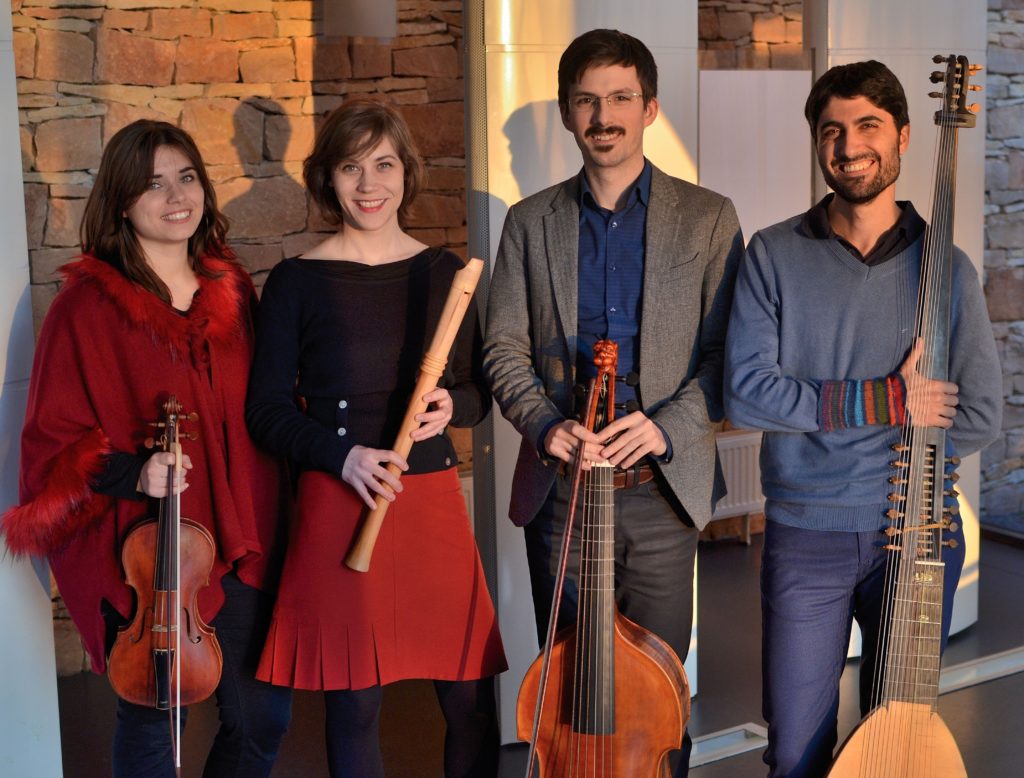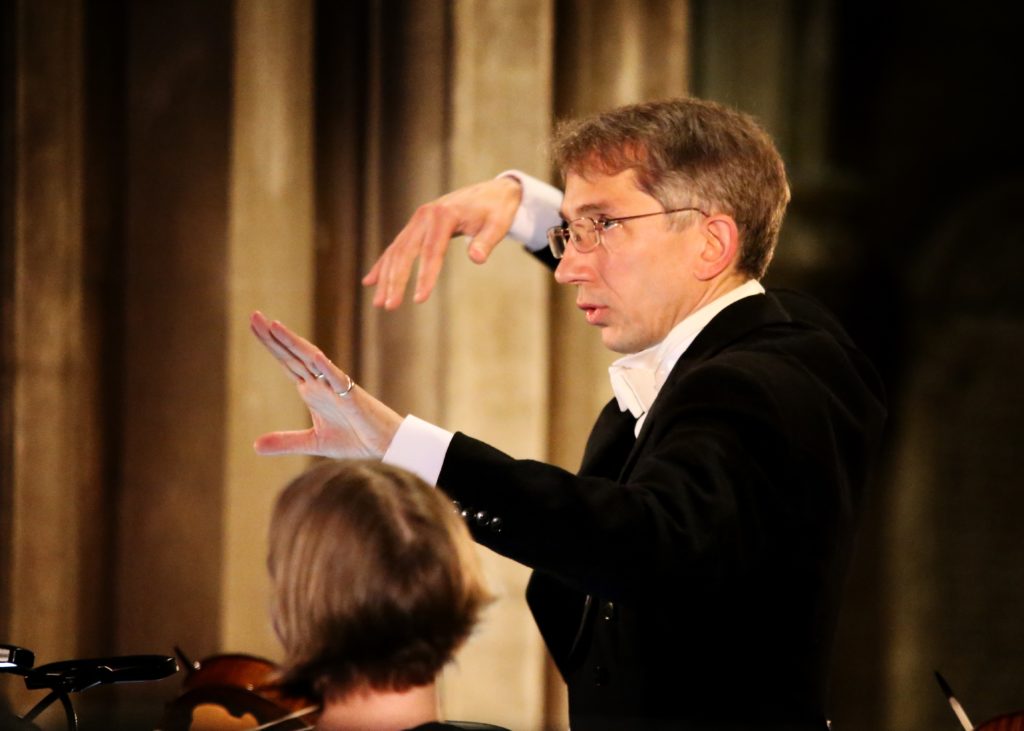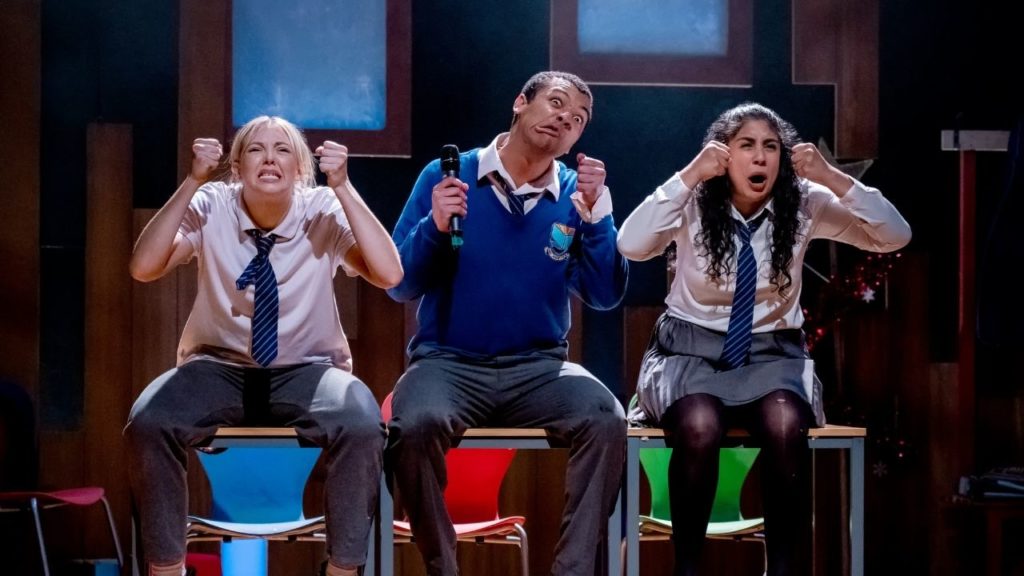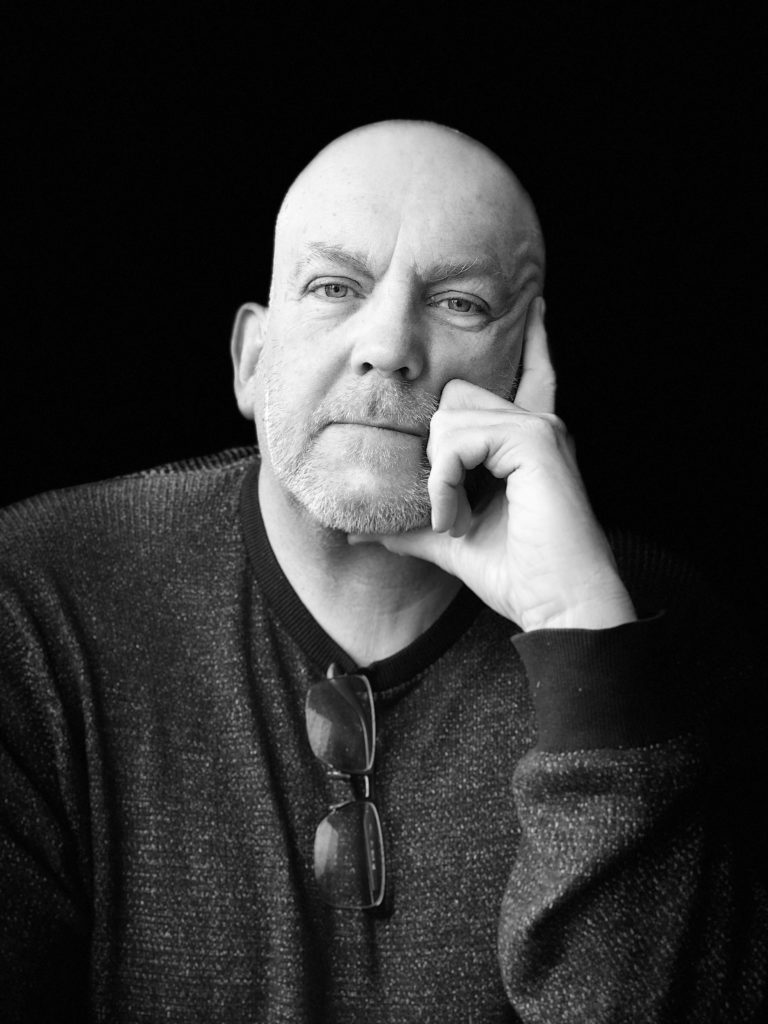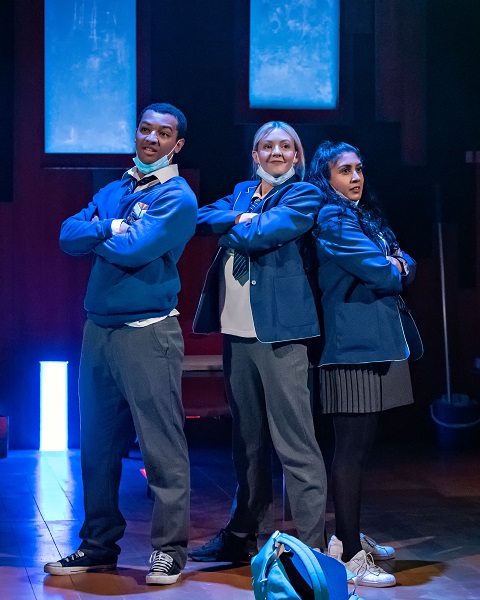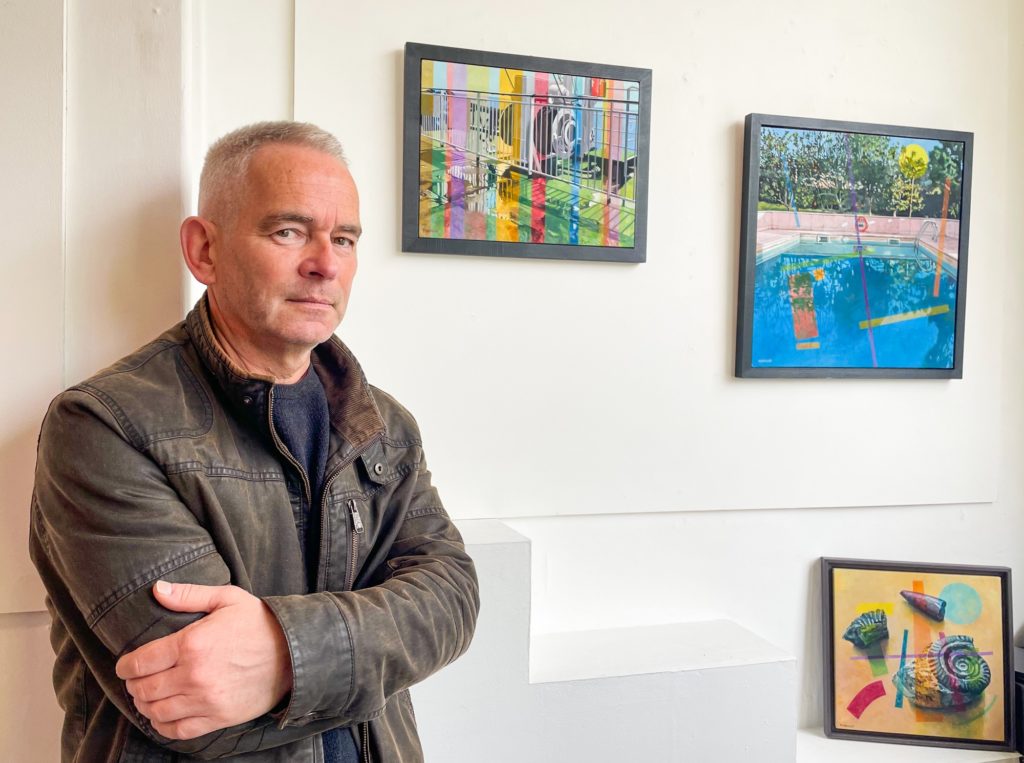
ACCORDING To McGee plays host to a “double happening”, Contemporary Painting: Elementals and Synthesis by Freya Horsley and David Finnigan, from this weekend in York.
Co-director Greg McGee sees the summer exhibition as an opportunity to reaffirm the Tower Street gallery’s manifesto. “Not so much a duo show, more like two exhibitions in one gallery,” he says. “Freya Horsley and David Finnigan are far removed in terms of subject and mark making, but there’s enough intersection to be able to build an event like this.
“Their common ground is a fearlessness with what contemporary painting can do, and we find that the proximity of both collections in the same gallery not only augments the collections respectively, but also highlights the strengths of each other.
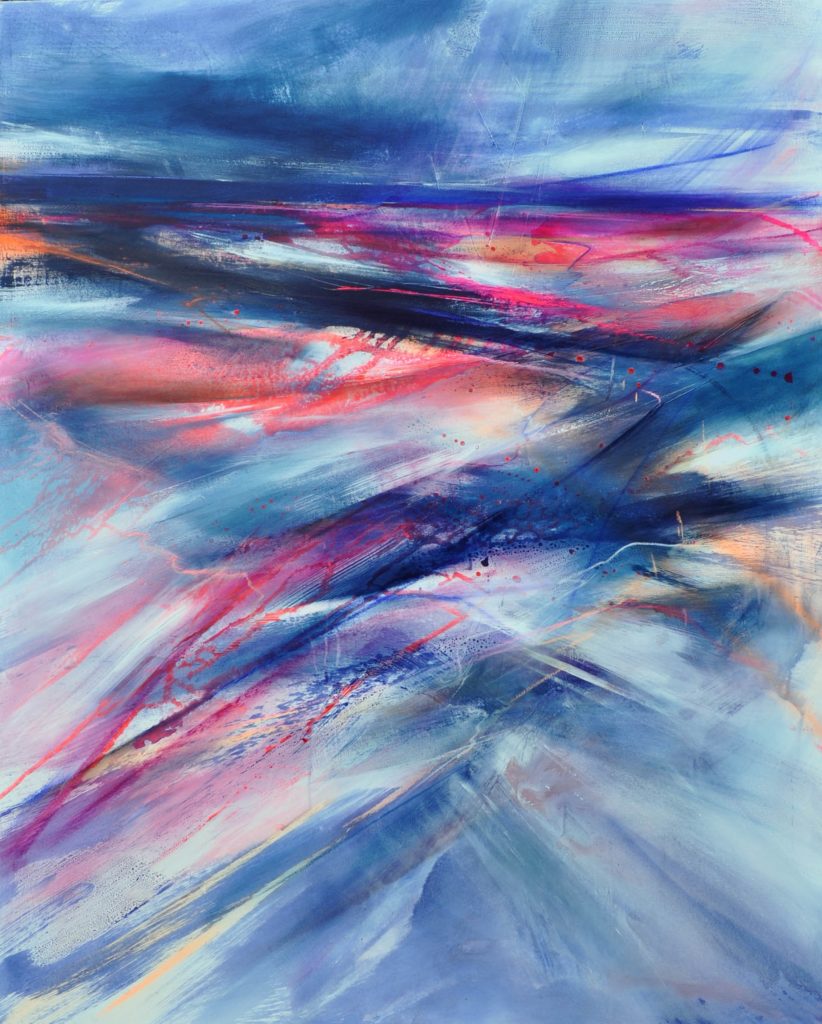
“There are flickering moments in all of the paintings here, and a lot of the magic is found in the disparate synergy”.
Elementals and Synthesis is “like nothing According To McGee has exhibited previously in its 17 years”, reckons Greg. “We’re used to dovetailing the collections of painters who share similar visions, whereas this time we have really gone for a discrepancy that cracks open not only the magic of the paintings we have here, but says something about painting in general.”
David Finnigan’s Synthesis is characteristically exact, although he is at pains to highlight how his art has evolved. “These four works represent, for me, a change in the direction of my working practice,” says the Scarborough hyperrealist.
“While they retain some of the exactitude and realism of my previous work, there’s more of a painterly feel to these new pieces. Also, a new aesthetic, which exhibits an expressive freedom within the confines of realist painting.
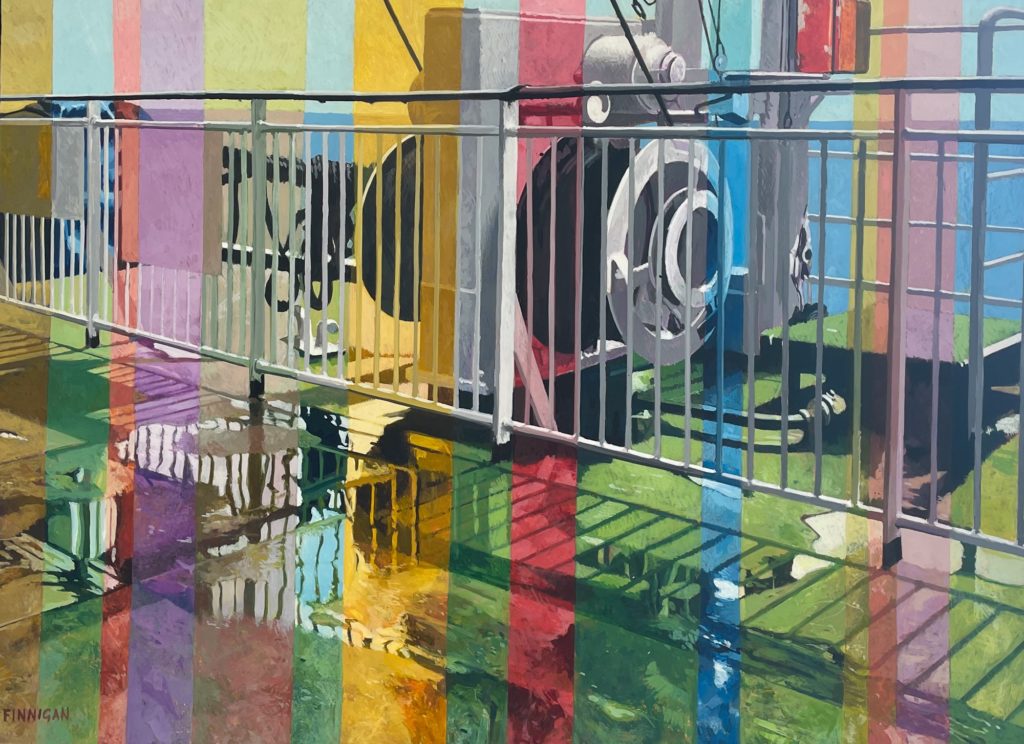
“They embrace some of the techniques I’ve learned and developed in my other non-visual creative outlets, particularly from the world of sound.”
Not only a looser approach to the confines of realist painting is applied, but so are an amalgamation and superimposition of separate geometric compositions over the existing realist composition.
“These geometric abstractions function aesthetically in their own right, and they have a force and a dynamic that adds energy,” says David. “Visually, in isolation, these geometric compositions echo the work of the constructivists, the suprematists, or even futurism and vorticism from the early 20th century.
“Added together with the realist composition, they ‘modulate’ the existing work, changing the dynamic through the use of the aforementioned energy, but equally importantly through the use of colour, which is a very powerful tool. The now superimposed compositions, ‘modulate’ each other.”
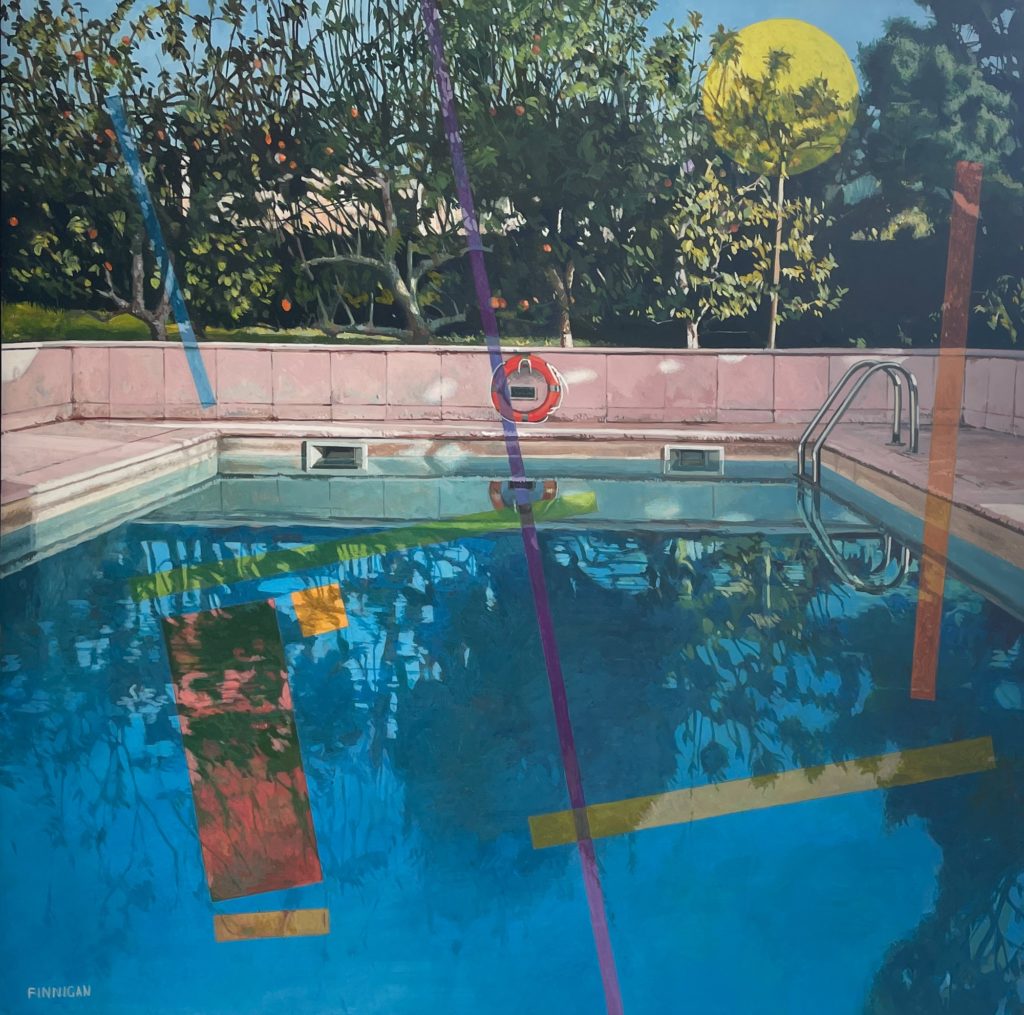
Regarding the concept of “modulation”, David sees a simple parallel in the world of sound with the technique of FM or “Frequency Modulation” synthesis – which, as a side note, powered the soundscape of 1980’s pop and rock music.
“Simply put, in ‘FM’ synthesis, one waveform modulates the other wave to create something new. This is what I’m attempting visually,” he says.
“Another important parallel is the idea of ‘glitch’, a sub-genre of electronic music that became popular in the 1990s, but actually its origins again can be traced back all the way to futurism, specifically with Luigi Russolo’s piece The Art Of Noises.
“Here again, I attempt to apply the concept of ‘glitch’ visually to these compositions, in which, as in music – where the beat and order of the music is broken and reprocessed so some feeling of order remains – I would like to break up the surface of the two superimposed compositions to break up the order and reprocess it to create something new that has a different rhythm.”
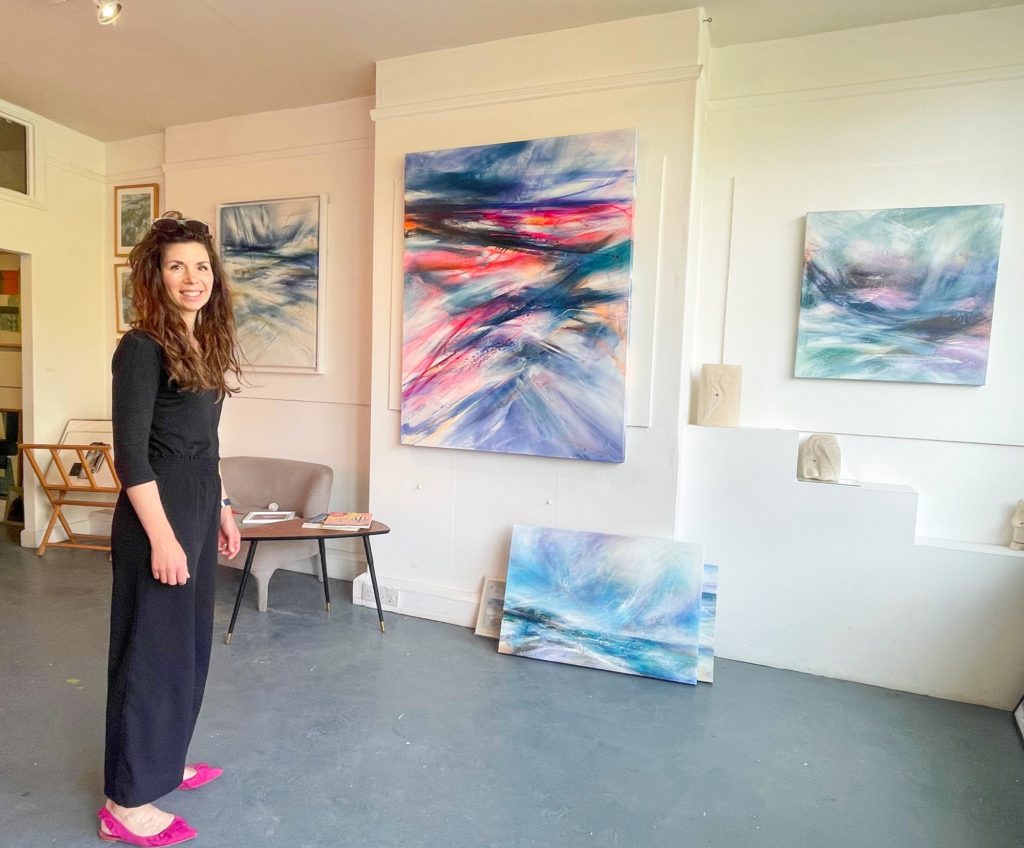
Freya Horsley’s return to According To McGee comes after a sell-out exhibition of the York artist’s winter collection of elemental seascapes. “They were huge!” says gallery co-director Ails McGee, “They were the biggest paintings we have ever exhibited here, and that’s some claim.
“But they connected well with browsers and clients alike, with one going to a collector’s house in Poppleton and one travelling all the way to Glasgow.”
Freya’s depictions of the sea and land resonate still more in our era of nature’s curtailment. “The sheer scale of some of the paintings has only added to that,” says Ails.
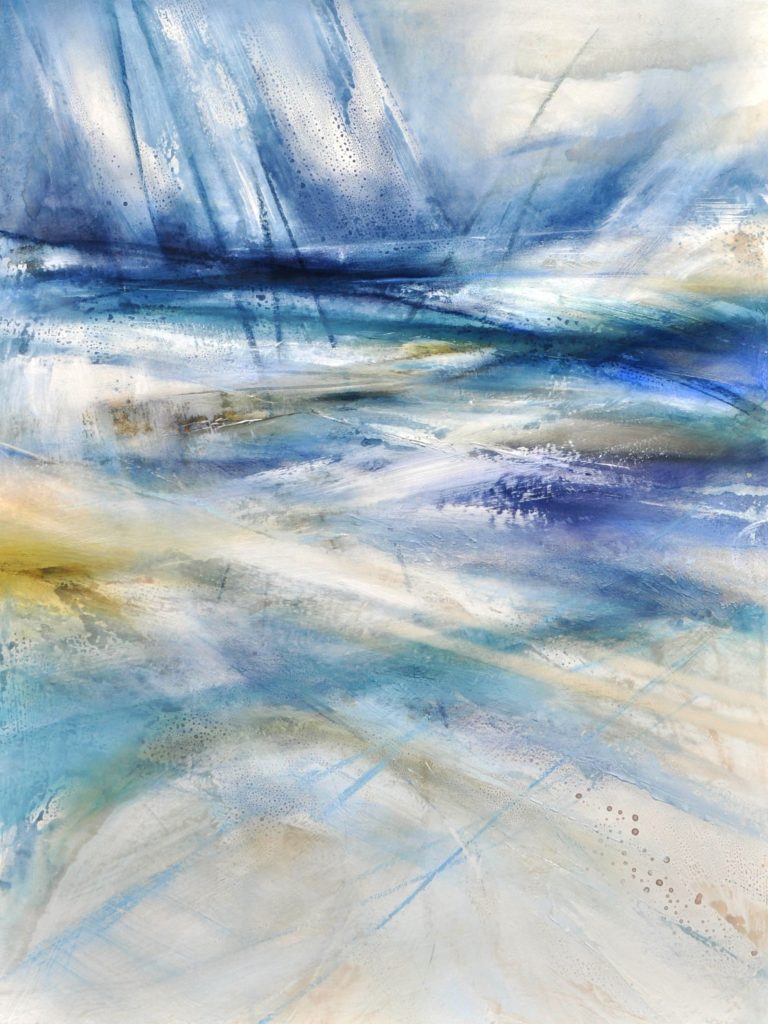
Freya’s new Elementals series builds on her trademark bristling light and spray but Ails point to new developments too. “Freya has always, from time to time, primed her canvasses with neon paint, which helps to endow her otherwise layered sense of peace and serenity with a bounce and inner-lit joy,” she says.
“This time, the joy she skewers comes from a wild attack of neon paint on top of the tender and elemental background, rather than beneath it; a technique most obvious in her massive work Out Of Darkness. It’s a radical step for her and really amps up the wide-eyed sense of wonder that Elementals celebrates.”
Asked to predict the next direction of Contemporary Painting’s evolution, Greg points to Finnigan’s paintings. “These are painted in egg tempera. That’s something that goes back thousands of years and was used in ancient times. It fell into disuse with the popularisation of oil painting in Europe in the 15th century,” he says.
“But now David is using it with a showman’s chutzpah. So, is this retro, or is this radical and contemporary? It feels a little like when a rock band performs an ‘MTV Unplugged’ session. There’s nowhere to hide but in the quality of the songs, and in a multimedia age, there’s something radical in that.”
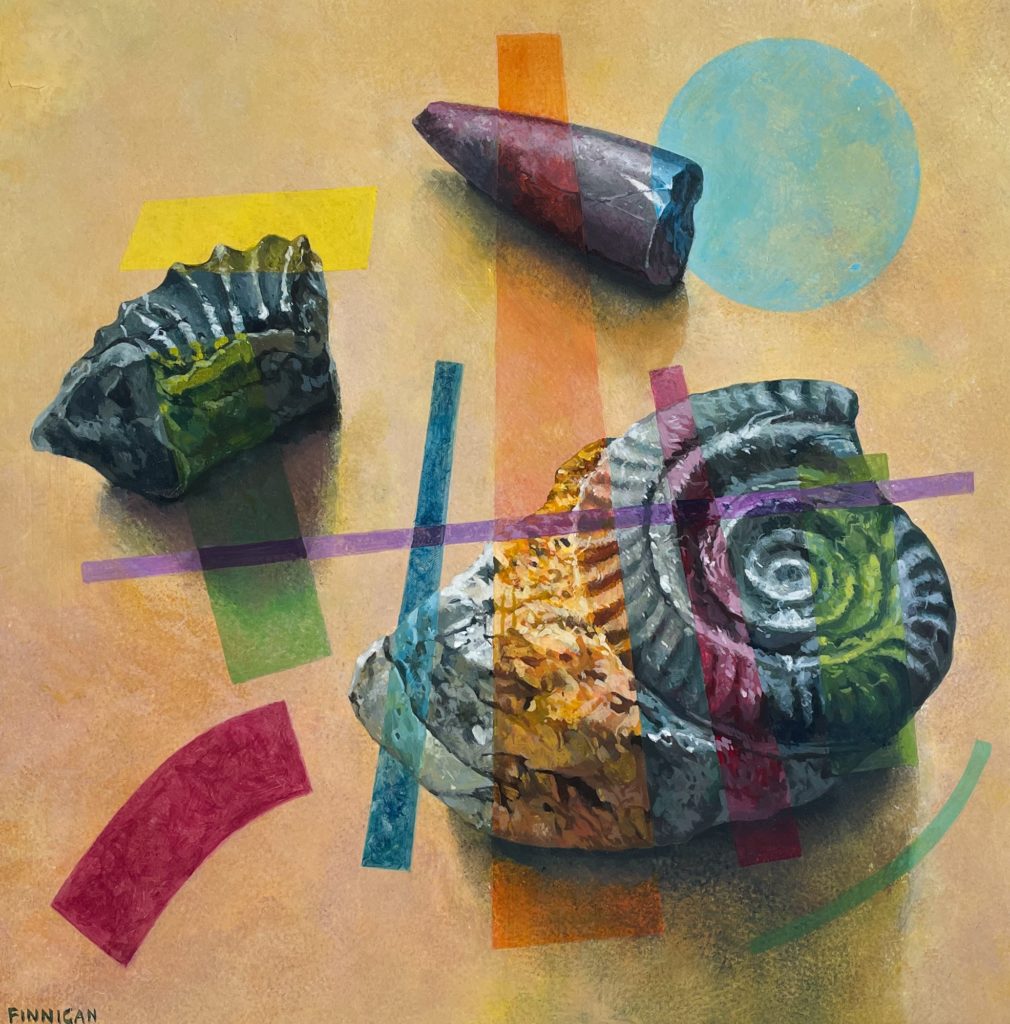
David agrees: “In my eyes it has the capacity to be beautiful and elegant, in the medium itself,” he says. “It is egg yolk, water and pigment and, if non-toxic pigments are used, completely inert. But it is also beautiful and elegant in the aesthetic effect of the finished work itself.
“In our modern day of awareness of sustainability and our ever-increasing eco-friendly approaches to life in general, egg tempera actually fits in well with these philosophies, and maybe it will have its day in the sun again.”
Contemporary Painting: Elementals and Synthesis by Freya Horsley and David Finnigan runs from Saturday, June 18 to Monday, July 11 at According To McGee, Tower Street, York; open Monday to Saturday, 12 noon to 4pm.
For more information on David Finnigan: accordingtomcgee.com/collections/david-finnigan; Freya Horsley, accordingtomcgee.com/collections/freya-horsley
